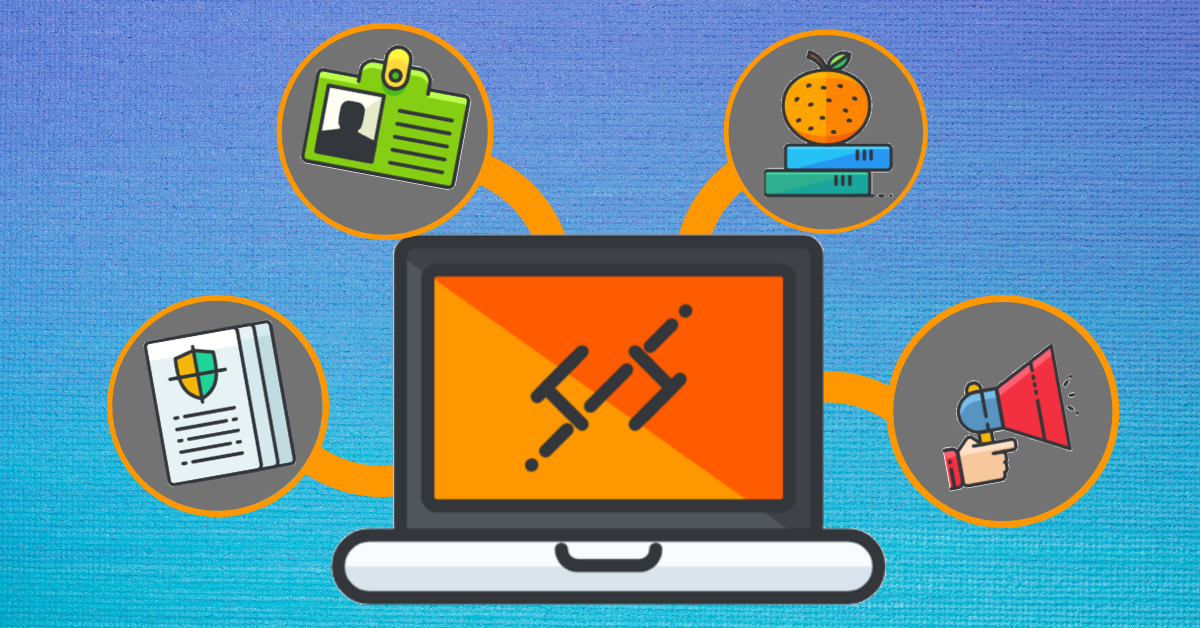
New York is home to many real estate schools. It can be hard to narrow down the choices. You can narrow your search by looking at a variety of factors. The best online school for real estate in New York should be affordable and easily accessible. It also needs to have an excellent reputation for passing state licensing exams.
Kaplan is an industry veteran that has been around for decades and offers many course options to fit your needs. The course includes comprehensive study guides and test prep for the real estate exam. This will ensure that you are ready to go when you finish the course.
You can also get a great career launcher package. This will teach you all the basics of starting your business, such as how to find clients and organize your schedule. The company is also well-known for its high pass rates. This will ensure that you are ready to begin your career as licensed real estate agent.

Colibri Real Estate is another well-known brand and is one of the first real estate companies to create an interactive online learning experience. They have courses that are flexible and can be used on a variety of devices, such as smartphones, tablets, laptops, and computers. Their pass rate at first attempt is solidly 90%, and their exam prep is top-notch.
Aceable Agent may be a new player in the online education industry but they're making a rapid impact. They offer email support and mobile-friendly courses. Students love the interactive and engaging content.
Mbition is an online real estate school that formerly was called OnCourse Learning and now uses a unique pricing model that allows you to pay for the courses that you need rather than paying for everything. The course also has a personalized feedback system that analyses every section you have completed to let you know which parts require more attention and allows you to adjust the study plan.
The CE Shop, an affordable online school for real estate in New York, has a high pass rate on the state exam and a low cancellation fee for students who choose to not complete their course within the first three hours. They also have a unique exam syllabus that will give you the extra push you need to pass.

A refund policy is available that allows you to cancel your order within 7 days. However, there will be a 15% cancellation fee. This is great for people who have a busy life and aren't sure if they can commit to the full program.
The New York Real Estate Institute was founded in 1987 and has more than 100,000 graduates. They have five locations in New York, but they also offer classes online for students.
FAQ
What is a "reverse mortgage"?
A reverse mortgage lets you borrow money directly from your home. It allows you access to your home equity and allow you to live there while drawing down money. There are two types of reverse mortgages: the government-insured FHA and the conventional. You must repay the amount borrowed and pay an origination fee for a conventional reverse loan. FHA insurance will cover the repayment.
What can I do to fix my roof?
Roofs can become leaky due to wear and tear, weather conditions, or improper maintenance. Roofers can assist with minor repairs or replacements. Contact us for more information.
How long will it take to sell my house
It depends on many factors including the condition and number of homes similar to yours that are currently for sale, the overall demand in your local area for homes, the housing market conditions, the local housing market, and others. It may take up to 7 days, 90 days or more depending upon these factors.
Statistics
- Some experts hypothesize that rates will hit five percent by the second half of 2018, but there has been no official confirmation one way or the other. (fortunebuilders.com)
- When it came to buying a home in 2015, experts predicted that mortgage rates would surpass five percent, yet interest rates remained below four percent. (fortunebuilders.com)
- This seems to be a more popular trend as the U.S. Census Bureau reports the homeownership rate was around 65% last year. (fortunebuilders.com)
- It's possible to get approved for an FHA loan with a credit score as low as 580 and a down payment of 3.5% or a credit score as low as 500 and a 10% down payment.5 Specialty mortgage loans are loans that don't fit into the conventional or FHA loan categories. (investopedia.com)
- This means that all of your housing-related expenses each month do not exceed 43% of your monthly income. (fortunebuilders.com)
External Links
How To
How to Manage a Rent Property
Renting your home can be a great way to make extra money, but there's a lot to think about before you start. We'll show you what to consider when deciding whether to rent your home and give you tips on managing a rental property.
Here are some things you should know if you're thinking of renting your house.
-
What are the first things I should consider? Before you decide if you want to rent out your house, take a look at your finances. If you have outstanding debts like credit card bills or mortgage payment, you may find it difficult to pay someone else to stay in your home while that you're gone. Your budget should be reviewed - you may not have enough money to cover your monthly expenses like rent, utilities, insurance, and so on. This might be a waste of money.
-
How much does it cost to rent my home? Many factors go into calculating the amount you could charge for letting your home. These factors include your location, the size of your home, its condition, and the season. Prices vary depending on where you live so it's important that you don't expect the same rates everywhere. Rightmove has found that the average rent price for a London one-bedroom apartment is PS1,400 per mo. This would translate into a total of PS2,800 per calendar year if you rented your entire home. Although this is quite a high income, you can probably make a lot more if you rent out a smaller portion of your home.
-
Is it worth the risk? There are always risks when you do something new. However, it can bring in additional income. Be sure to fully understand what you are signing before you sign anything. Renting your home won't just mean spending more time away from your family; you'll also need to keep up with maintenance costs, pay for repairs and keep the place clean. You should make sure that you have thoroughly considered all aspects before you sign on!
-
Are there benefits? Now that you have an idea of the cost to rent your home, and are confident it is worth it, it is time to consider the benefits. There are many reasons to rent your home. You can use it to pay off debt, buy a holiday, save for a rainy-day, or simply to have a break. It's more fun than working every day, regardless of what you choose. You could make renting a part-time job if you plan ahead.
-
How do you find tenants? Once you've decided that you want to rent out, you'll need to advertise your property properly. Listing your property online through websites like Rightmove or Zoopla is a good place to start. Once potential tenants reach out to you, schedule an interview. This will help you assess their suitability and ensure they're financially stable enough to move into your home.
-
How can I make sure I'm covered? If you don't want to leave your home empty, make sure that you have insurance against fire, theft and damage. In order to protect your home, you will need to either insure it through your landlord or directly with an insured. Your landlord will typically require you to add them in as additional insured. This covers damages to your property that occur while you aren't there. This does not apply if you are living overseas or if your landlord hasn't been registered with UK insurers. You will need to register with an International Insurer in this instance.
-
If you work outside of your home, it might seem like you don't have enough money to spend hours looking for tenants. You must put your best foot forward when advertising property. Make sure you have a professional looking website. Also, make sure to post your ads online. You'll also need to prepare a thorough application form and provide references. Some prefer to do it all themselves. Others hire agents to help with the paperwork. Either way, you'll need to be prepared to answer questions during interviews.
-
What should I do after I have found my tenant? You will need to notify your tenant about any changes you make, such as changing moving dates, if you have a lease. If you don't have a lease, you can negotiate length of stay, deposit, or other details. It's important to remember that while you may get paid once the tenancy is complete, you still need to pay for things like utilities, so don't forget to factor this into your budget.
-
How do I collect the rent? When the time comes for you to collect the rent you need to make sure that your tenant has been paying their rent. You will need to remind your tenant of their obligations if they don't pay. Any outstanding rents can be deducted from future rents, before you send them a final bill. You can call the police if you are having trouble getting hold of your tenant. They will not usually evict someone unless they have a breached the contract. But, they can issue a warrant if necessary.
-
What are the best ways to avoid problems? Although renting your home is a lucrative venture, it is also important to be safe. You should install smoke alarms and carbon Monoxide detectors. Security cameras are also a good idea. Make sure your neighbors have given you permission to leave your property unlocked overnight and that you have enough insurance. You must also make sure that strangers are not allowed to enter your house, even when they claim they're moving in the next door.